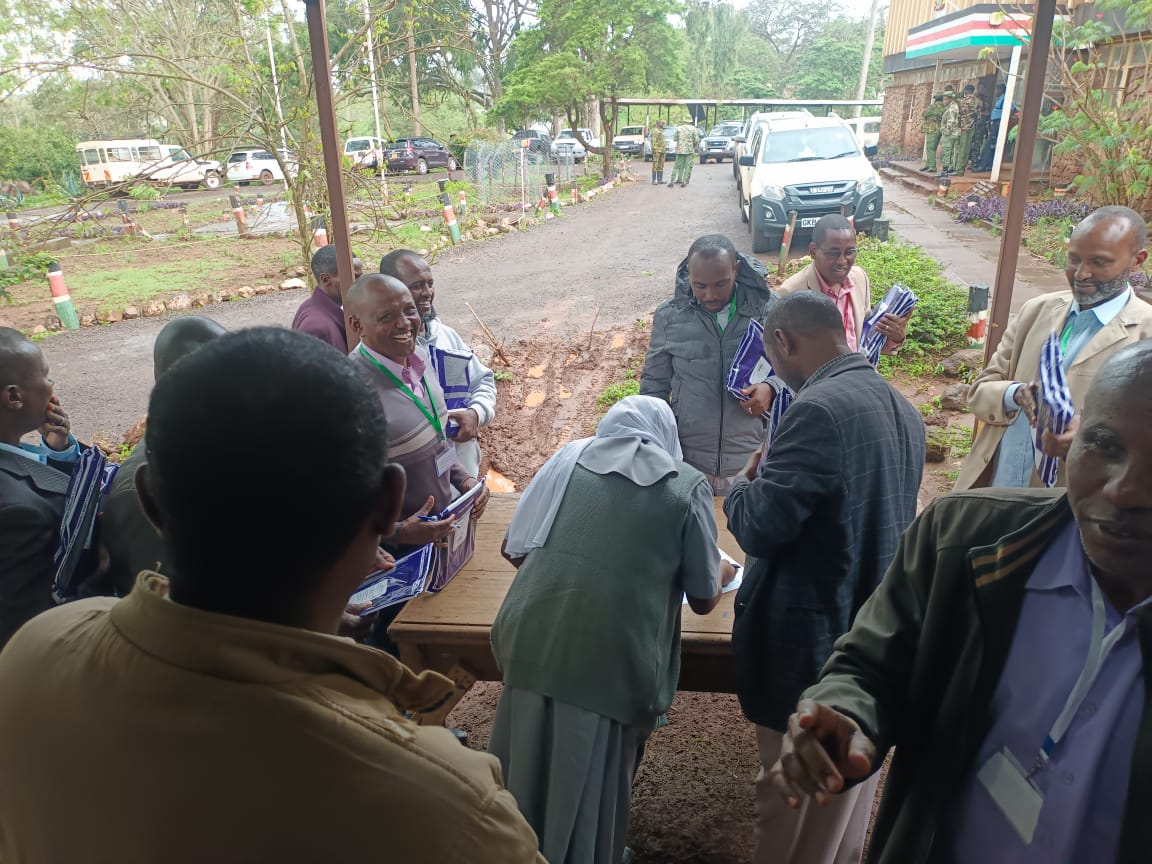Stakeholders in the education sector within Kisii County on Monday presented their views on review of the Competence-Based Curriculum (CBC), proposing various solutions to remedy challenges facing the curriculum.
Speaking during the public participation exercise at Kisii University in Kisii town, Nyanza Region Team Leader of the Presidential Working Party on Education Reforms, Prof. Collins Odote asked the respondents to offer solutions even while they criticized the curriculum.
Prof. Odote urged the stakeholders to approach the issue with patriotism and sobriety saying it was their constitutional right, adding that input from all stakeholders, regardless of their status mattered.
Kisii University Vice Chancellor, Prof. John Akama on the other hand criticized the current lack of proper coordination by stakeholders in handling the curriculum’s issues, noting it was resource-intensive, hence needed a lot of coordination.
Akama claimed there was inadequacy of requisite infrastructure and human resources to implement the curriculum in most schools recommending that the stakeholders read from the same script if they were to resolve it.
KUPPET Chairman Kisii Branch, Laban Ouko was concerned about the increased examination workload demanded by CBC and suggested 40 percent be internal, while the Kenya National Examination Council handled the remaining 60 percent.
On his part, a representative of the local community, Charles Nyakundi said CBC had succeeded in some countries globally and recommended its adoption to among others address skill acquisition and the job market for sustainability.
The Presidential Working Party on Education Reforms has been collecting views from members of the public in all 47 counties regarding the CBC through public engagement forums. The exercise is expected to end on the 11th of November, 2022.
The task force was formed through a gazette notice by President William Ruto and is expected to address key issues in the curriculum, including the technology of delivering the curriculum, improved learning outcomes and education management, and policies and implications on access among other issues.

